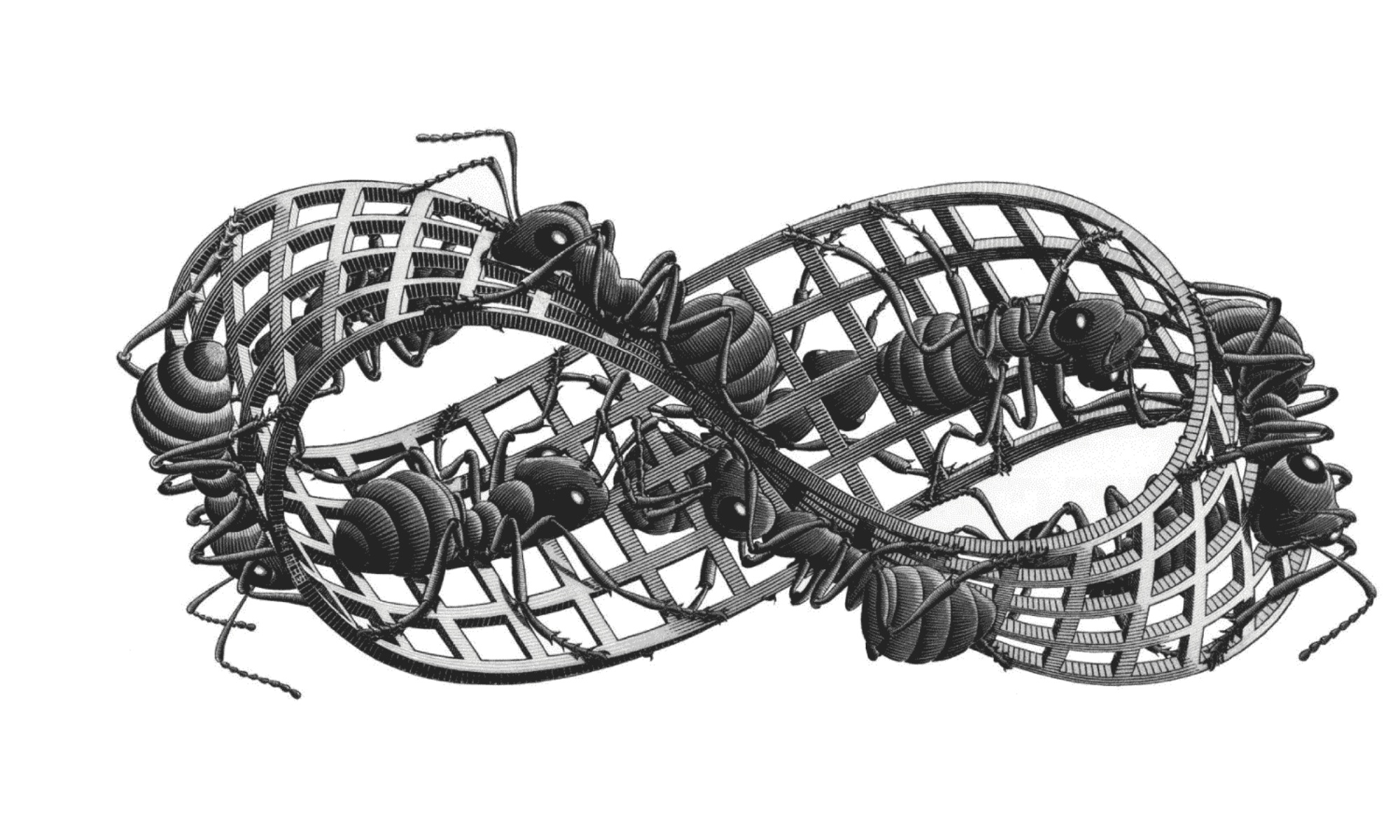Universidad Complutense de Madrid
Human territory and territorial passions
Résumé
How to understand the difference between ‘umwelt’ and ‘territory’ in the human relationship with the material and symbolic environment. We propose to delimit the concept of umwelt to apply it to the symbolic environment that constitutes a subjective and partly shared memory, a partial encyclopedia that allows the subject to participate in the semiotic life, give to the world and give itself meaning.
From this symbolic umwelt stands out a ‘territory’ delimited and marked as own by procedures of appropriation and marking of borders. Appropriation, conscious or not, manifests itself in the enunciational options that a subject performs so that their actions and expressions habitualize and « naturalize » certain routes in that space and can bring stability and security to the subject.
But that invisible, obvious, medium becomes perceptible and relevant when threatened, questioned or lost. The defensive or aggressive behaviors in subjects who perceive their symbolic territory as threatened allow us to observe processes of territorialization in which affects of rejection, offense, anger, serve to close and fix borders as well as to a recreation and enhancement of one’s own territory. Other interactions, on the other hand, can give rise to processes of approximation, cooperation, mimicry, attraction, in which the borders of the subject and of one’s own territory become more fluid and porous.
To study these dynamisms of co-definition of subjects and territories we will attend to two types of cases : a) interpersonal conflicts. Reactions of indignation, repugnance, rejection, towards « offensive » expressions for the « manners », the values, the beliefs that the subject understands as central to their symbolic and inalienable territory ; b) participation in collectivities. The linking of individuals to collectivities more or less institutionalized – national, ethnic, aesthetic … – marked by calm feelings of belonging, contrasts with the manifestation of intense repulsive and defensive territorial emotions, in situations in which subjects perceive as despised or threatened that collectivity felt as their own symbolic territory.

